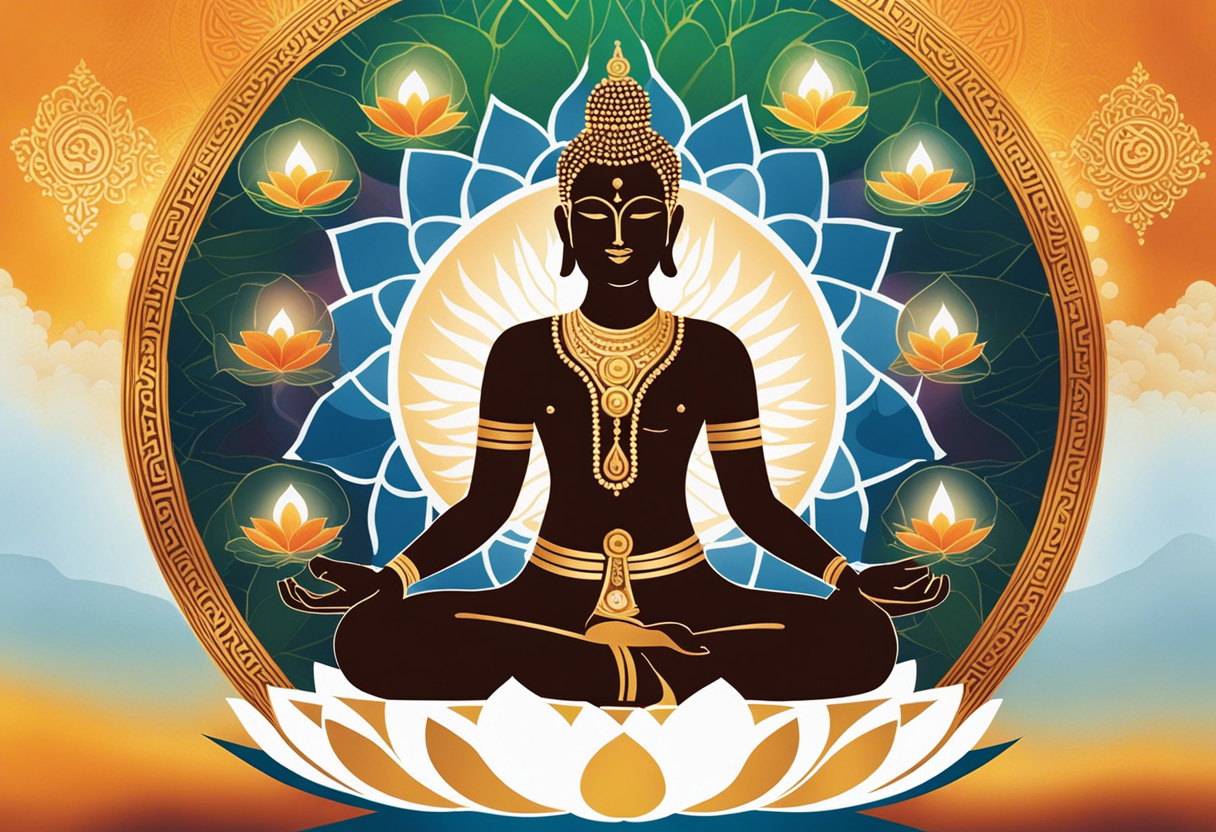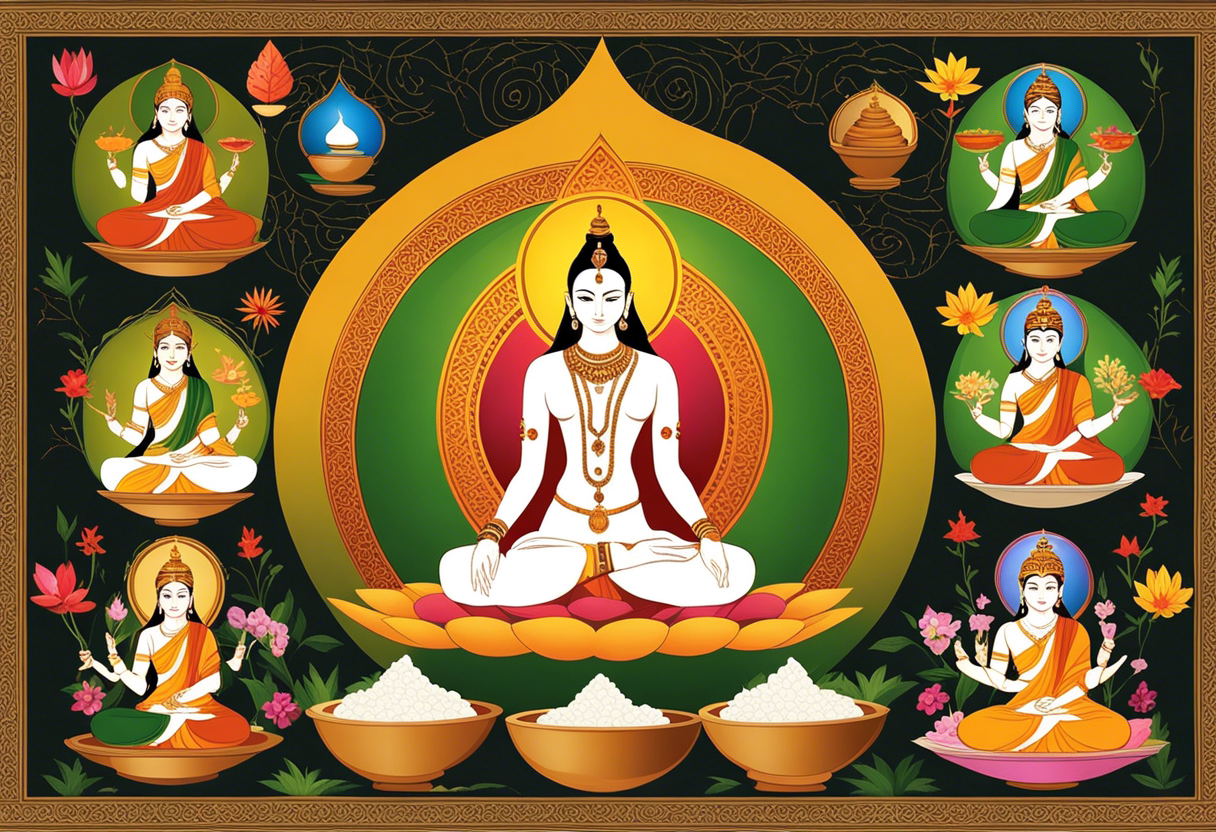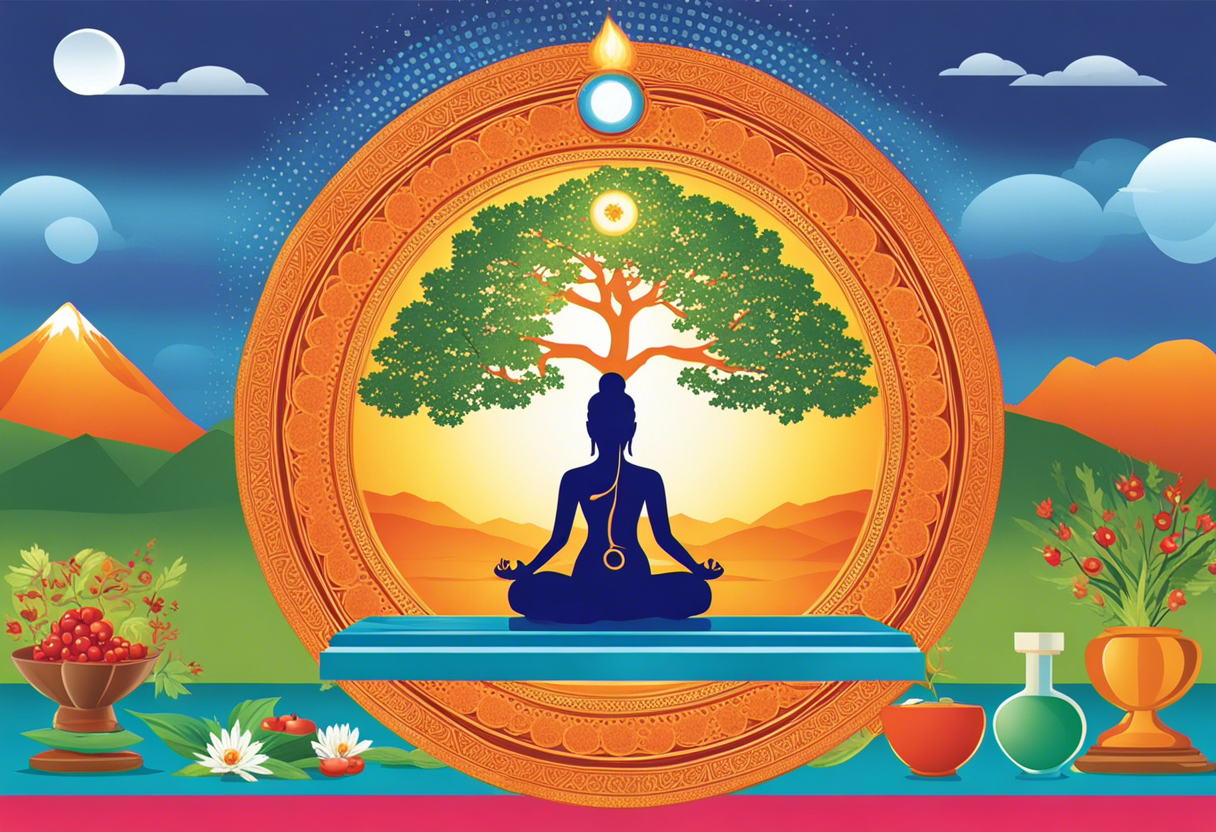Top Five Ayurvedic Miracles that Shift Our Perception of Health and Wellness
Ayurveda, an ancient Indian healing system, holds that food plays a central role in the maintenance and restoration of health. This concept opposes the common notion of food as merely a source of physical energy and nutrients.
In the Ayurvedic belief, proper nutrition allows for vitality, sustenance of body tissues, and nurturing of the senses. Food is seen as a direct pathway to achieving overall wellbeing, not just a physical necessity.
A balanced diet from an Ayurvedic perspective includes six types of taste (sweet, sour, salty, bitter, pungent, and astringent), ensuring that each meal is nourishing and satisfying. Each taste has an essential role in maintaining body balance and preventing diseases.
Ayurveda also underscores the importance of mindful eating. Conscious chewing and savoring of food facilitate better digestion and nutrition absorption, enhancing overall wellbeing.
Ayurveda's Approach to Stress and Mental Health

The Ayurvedic philosophy extends its principles beyond physical health, deeply intertwining with psychological wellbeing. It proposes a holistic approach to mental health that encapsulates diet, lifestyle, herbs, and meditation.
Ayurveda identifies three fundamental energies (Vata, Pitta, and Kapha) governing our inner and outer environments. When these energies are imbalanced, mental health disorders may arise. Ayurveda extends healing by aligning these energies with individual lifestyle adjustments and the use of adaptogenic herbs.
The practice of meditation, significant in Ayurveda, fosters a heightened state of awareness and tranquility. This not only reduces stress but also promotes mental clarity and emotional balance.
Detoxification and Rejuvenation in Ayurveda

Ayurvedic medicine recommends periodic detoxification to restore the body's equilibrium and rejuvenate it. This approach comprises of the Panchakarma procedure, a series of five actions to cleanse the body thoroughly.
The concept of detoxification destabilizes the conventional idea that the human body can self-regulate and get rid of toxins entirely. Ayurveda posits that sometimes the body needs assistance to achieve optimum health.
Panchakarma, typically administered seasonally or at times of illness, involves procedures like oil massages and nasal administration to boost immunity and enhance strength.
Ayurveda's Impact on Longevity and Aging

The practice of Rasayana tantra in Ayurvedic lore is an illustration of the holistic system's perception of longevity and aging. It focuses on rejuvenation and mentally and physically extending one's lifespan.
Ayurveda attributes to aging an element of natural progression and wisdom. Yet, it also provides resources for individuals to age healthily and comfortably. The method involves herbs, dietary practices, and disciplined daily routines that help maintain vigor and vitality.
Ayurvedic Approach to Sleep

Sleep is an integral part of Ayurvedic teachings, viewed as a supportive pillar for life. The belief deviates from the modern view of sleep as a time of rest, extending to the role sleep plays in rejuvenation, growth, and overall wellness.
Ayurveda suggests lifestyle practices and herbs to foster better sleep. Recognizing the importance of a balanced circadian rhythm resonates profoundly in the light of modern sleep-related health issues. This comprehensive approach allows for sleep optimization and holistic wellness.
Ayurveda's Stance on Preventive Health

Preventive healthcare is a cornerstone of Ayurvedic philosophy. The teachings emphasize proactive measures to sustain health rather than reacting to diseases and ailment.
Guidance on daily and seasonal routines, diet, exercise and, sleep are part of the preventive strategies offered by Ayurveda. Studies indicate that such an approach could potentially be effective in preventing chronic diseases.
This perspective challenges the conventional healthcare system that often prioritizes treating existing conditions rather than preventing them. It encourages a fresh look at health management, steering towards a proactive stance, and a broader perspective on what constitutes health and wellness.